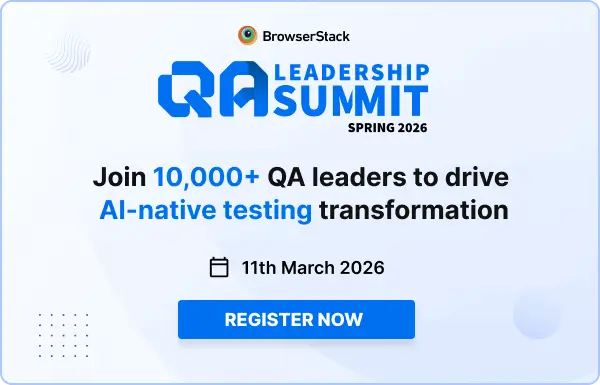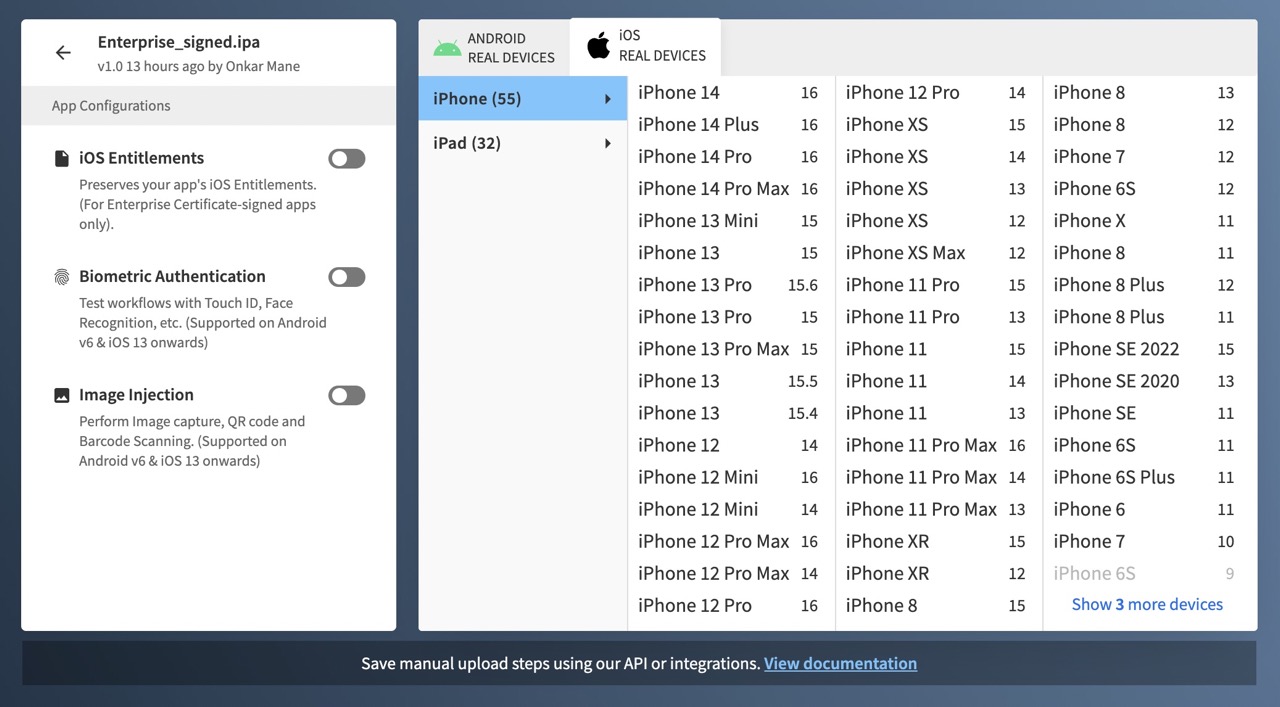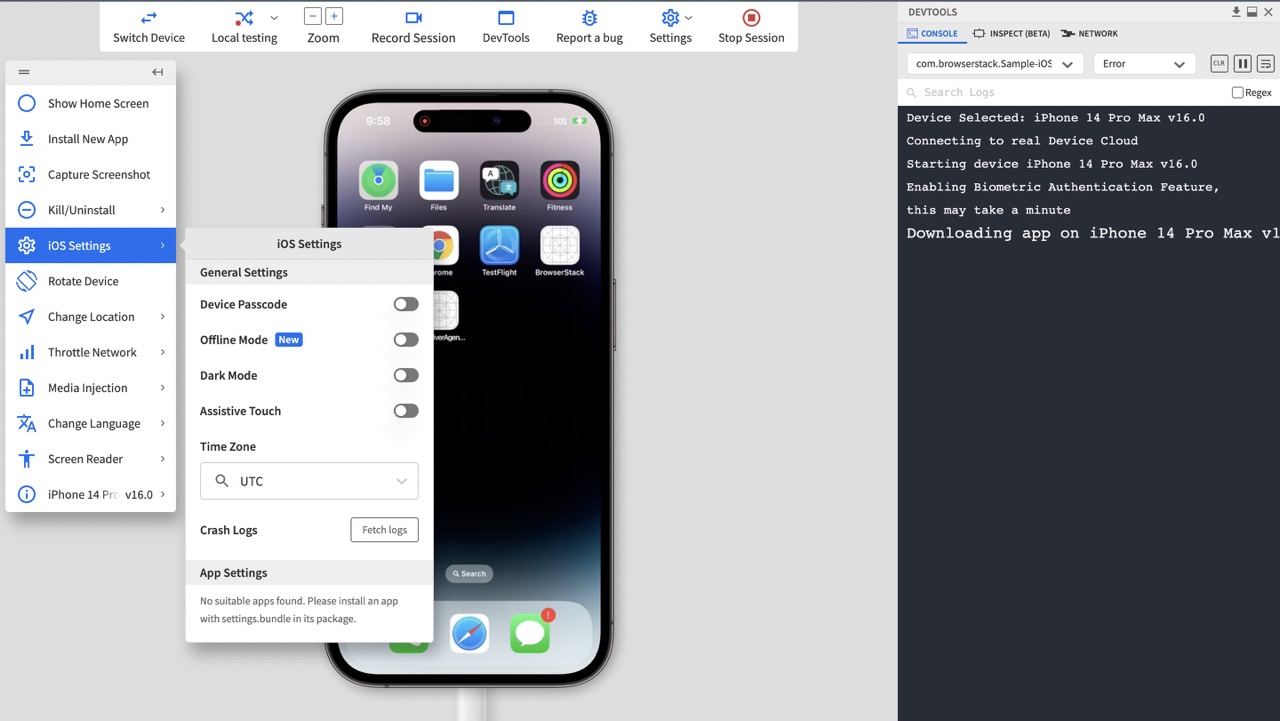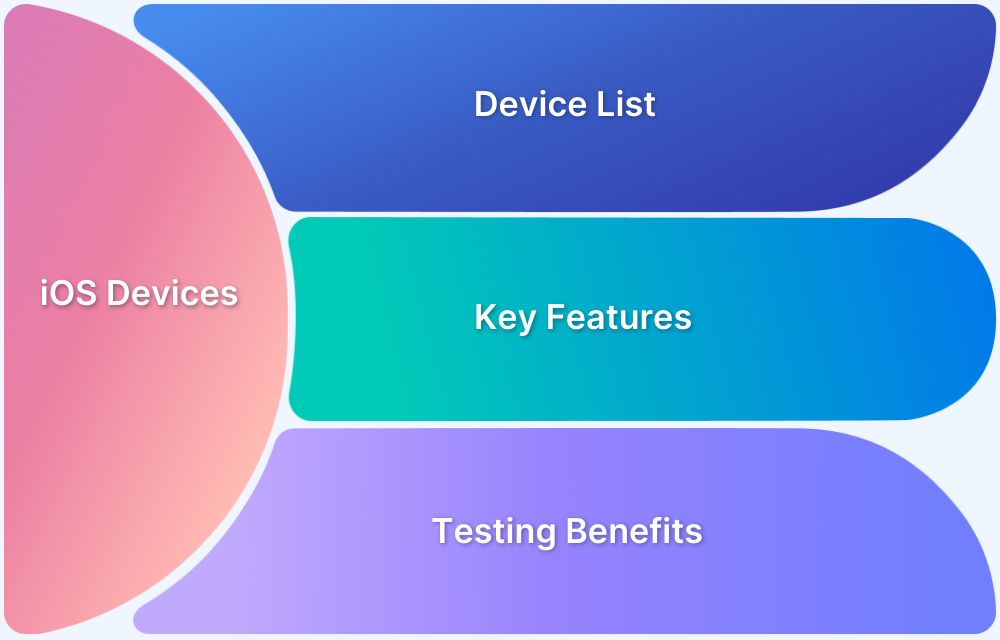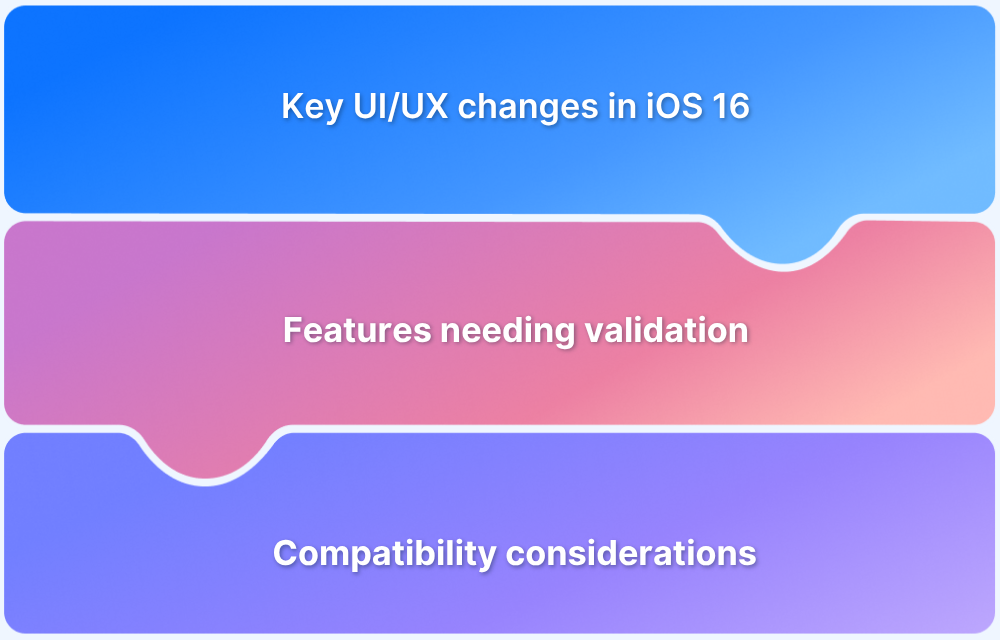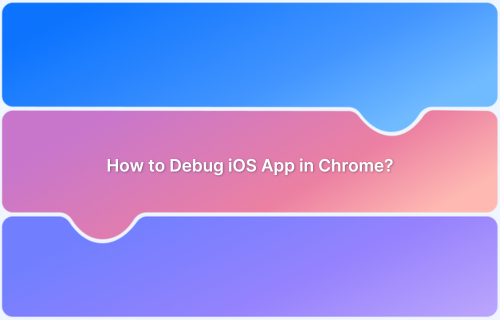Fragmentation is often discussed in the context of Android, but iOS has its own set of challenges. While Apple minimizes fragmentation through timely updates and dedicated OS versions like iPadOS, developers still face hurdles ensuring compatibility across devices and operating systems.
Overview
iOS Fragmentation at a Glance
- Less severe than Android but still present due to multiple iOS versions in use.
- Dual ecosystem with iOS and iPadOS, increasing testing needs.
- Upgrade gap: Not all users update immediately; ~19% were on iOS 16.1 as of late 2022.
Key Challenges with iOS Fragmentation
- Delayed or selective user upgrades.
- Compatibility issues when new versions are released.
- Testing complexities across iOS + iPadOS.
- Higher dev and QA effort, risking delivery delays.
Impact of Fragmentation
- Inconsistent user experiences.
- Performance issues or app crashes on certain versions.
- Extra cost and effort for QA teams to cover multiple versions.
This guide explains the challenges of iOS fragmentation, usage and adoption trends, and how testing on a real device cloud can help teams deliver seamless app experiences.
Challenges with iOS Fragmentation
- Naturally, every iOS user can’t or won’t upgrade to the latest iOS version simultaneously.
- Apple also launched a separate OS for its iPad devices – the iPadOS to provide a dedicated and delightful tablet experience. This move has enabled Apple to free its tablets from limitations imposed on iOS.
- However, this also translates to mobile testing challenges for Apple developers, who need to test and optimize their mobile and web applications for iOS and iPadOS users.
- The fragmentation issue, albeit less severe, also persists in the Apple ecosystem. This can be driven by the fact that approximately only 19% of iOS users are running the latest version of iOS 16.1
iOS Usage and Adoption
As of November 2022, iOS usage and adoption are widespread across a few popular versions. The table below displays the usage details of various iOS versions to get a sense of fragmentation in the iOS ecosystem.
| iOS versions | Cumulative Distribution |
| iOS 16.1 | 19.28% |
| iOS 16.0 | 20.88% |
| iOS 15.7 | 6.27% |
| iOS 15.6 | 31.65 % |
| iOS 15.5 | 4.44% |
| iOS 12.5 | 2.32% |
Given the above stats, one can easily conclude how the iOS ecosystem features concerns related to iOS fragmentation.
Additionally, upgrading to the latest iOS version each time doesn’t necessarily deliver the best user experience. There are instances wherein users experience compatibility issues with existing apps when they upgrade to the latest iOS versions. As a reason, some users prefer sticking to the older iOS version. This problem primarily arises due to inadequate testing of applications on the latest iOS or iPad devices.
Fragmentation leads to two significant consequences:
- Inconsistencies in the user experience due to compatibility issues.
- Increased development and testing efforts lead to delays in the delivery of applications.
How to deal with iOS Fragmentation?
iOS users expect their app to provide a delightful user experience regardless of their iOS version. With tons of applications already available on the App Store, users don’t think twice about uninstalling an app if they are unsatisfied with its performance.
QA engineers can ensure the stability of iOS apps by optimizing their apps by testing them on real Apple devices. There are many variants of Apple devices in use globally. Naturally, it can be challenging for teams to set up, maintain, and upgrade an on-premise device lab that includes all the Apple iPhones and iPads for testing.
Setting up a comprehensive device lab demands enormous investment, which is not feasible for small organizations. Teams can address this issue by using a real device cloud for testing. QA engineers can access real iOS devices on the cloud for testing websites and applications in real user conditions.
BrowserStack is a cloud platform that empowers teams with the ideal test infrastructure. Teams can leverage this platform to test applications and websites on desired device-browser-OS combinations.
For example, while testing, one can toggle iOS device features such as Dark Mode, Offline Mode, Device Passcodes, Biometric Authentication, and so on for iPhone 14 Pro Max running on iOS 16.
BrowserStack’s Real Device Cloud offers:
- Exhaustive range of Apple devices like iPhones and iPads running on the latest and legacy versions of iOS. For example, one can test on iPhone SE, iPhone 14 Pro Max, iPhone 13, iPhone 12 Mini, and so on.
- Tools to debug websites or iOS applications using Safari DevTools, device logs, video recordings, and screenshots for each test.
- Secure and encrypted tunnel for Local Testing of websites and applications on local test development servers.
- Integrations with popular iOS app automation frameworks like Appium, XCUITest, etc., for executing automated tests on iPads or iPhones.
Unlike Google’s Android, the Apple ecosystem isn’t open-source. This is a driving factor behind Apple’s minimal fragmentation levels. However, developers seeking to develop apps for Apple devices must ensure that their apps and websites are optimized for all the latest versions and configurations of iOS or iPadOS. This ensures that a larger audience can use these apps.
BrowserStack’s cloud infrastructure facilitates comprehensive testing of websites and applications on Apple devices for developers and QAs. Additionally, the real device cloud is consistently updated with the latest Apple devices (running on the newest iOS versions) and browsers. Thus, optimizing software using this cloud platform becomes intuitive as it assists teams in confidently releasing robust applications at scale.
Remember, while testing iOS apps – never opt for iOS simulators or virtual iOS devices, as they cannot mimic testing in real user conditions!
